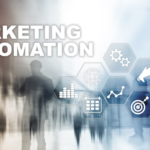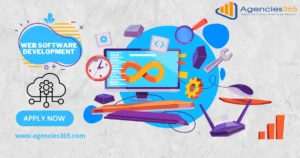To effectively market in the automotive industry, businesses can follow these strategies:
Create Engaging Content: Develop high-quality content that highlights your vehicles’ features, benefits, and unique selling points. Use videos, images, and interactive elements to engage the audience.
Leverage Social Media: Utilize platforms like Facebook, Instagram, To communicate with prospective consumers, provide updates, and execute focused advertising efforts, use Twitter and LinkedIn.
Search Engine Optimization (SEO): Increase your website’s and its content’s prominence in search engine results to make it simpler for prospective consumers to discover you.
Pay-Per-Click (PPC) Advertising: Run specialized PPC advertisements on social media and search engines to increase website traffic and lead generation.
Email Marketing: Implement email campaigns to nurture leads, share promotions, and inform customers about new models or service offers.
Influencer Marketing: Partner with automotive influencers or bloggers who can reach a relevant audience and promote your products.
Virtual Showrooms and Test Drives: Embrace virtual reality and augmented reality technologies to offer potential customers immersive experiences with your vehicles.























